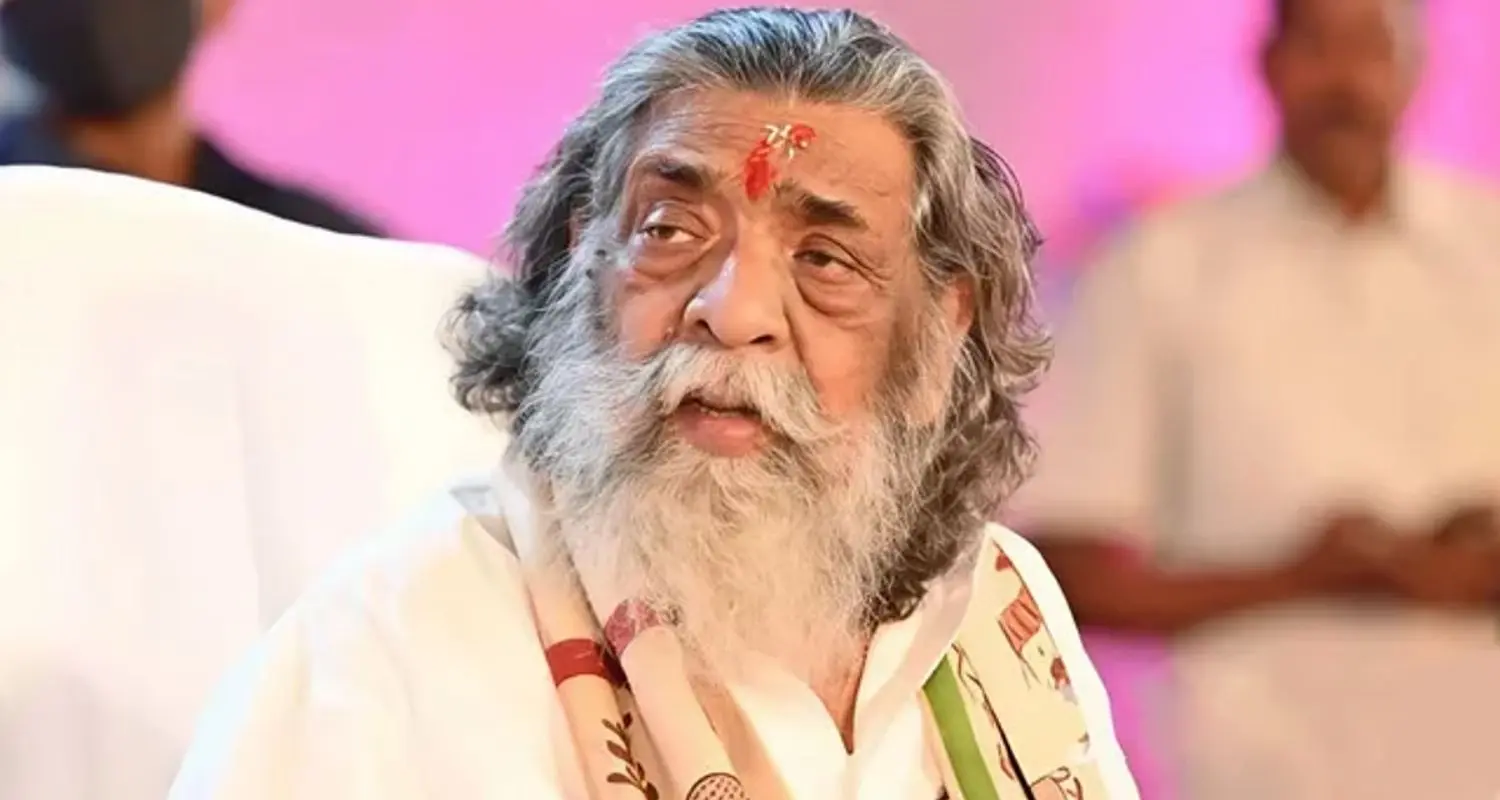lipflip – Shibu Soren, a prominent tribal leader and three-time chief minister of Jharkhand, has died at age 81. He was receiving treatment in Delhi for a kidney ailment and had been on life support after a stroke last month. Soren co-founded the Jharkhand Mukti Morcha (JMM), a regional party that played a key role in creating the tribal-majority state of Jharkhand. The state was carved out of Bihar in 2000, fulfilling a long-standing demand led by Soren and his supporters.
Read More : Tesla Grants Elon Musk $29B Share Award in Pay Deal
Born in 1944 in a small village within present-day Jharkhand, Soren emerged from humble beginnings. He grew up during a time when Jharkhand was still part of Bihar. His political career spanned over 40 years, marked by his dedication to tribal rights and regional autonomy.
Soren first founded the JMM in 1973 to push for a separate state for tribal communities in Bihar’s southern districts. This cause became the cornerstone of his political life. Despite challenges, Soren’s efforts culminated in the formation of Jharkhand, a significant achievement for the tribal people.
He served as Jharkhand’s chief minister on three occasions but never completed a full term. Political instability in the young state often led to short-lived governments. Nonetheless, Soren’s leadership remained influential throughout these turbulent years.
His son, Hemant Soren, who currently serves as Jharkhand’s chief minister, announced his death. Hemant described him as their “Dishom Guru,” meaning “great leader” in Santhali, the language of the Santhal tribe, one of India’s largest tribal groups.
Prime Minister Narendra Modi led the tributes, calling Soren a “grassroot leader” who rose with dedication. Other leaders from across the political spectrum also paid their respects, reflecting Soren’s broad impact on Indian politics.
Legacy, Challenges, and Political Journey
Shibu Soren’s political journey included national roles and controversies. In 2004, he briefly served as India’s federal coal minister under the Congress government. He resigned that year following a conviction in a murder case but returned to the cabinet after receiving bail.
In 2005, Soren resigned from his federal post to become Jharkhand’s chief minister. However, he stepped down within 10 days when his party failed to prove majority in the state assembly. Later, he was reappointed as coal minister but had to resign again amid another murder conviction related to his personal secretary’s killing in 1994. He was cleared of charges in 2018.
Despite these legal battles, Soren remained a pivotal figure in tribal politics. His leadership helped bring tribal issues to national attention and influenced policies benefiting marginalized communities. Senior Congress leader Jairam Ramesh called Soren a “pivotal figure” and a legend whose passion for social justice inspired many. Shiv Sena leader Sanjay Raut said the people of Jharkhand saw Soren as “no less than a god.”
Read More : Google Unveils Its Most Powerful Gemini AI Model
Former Bihar chief minister Lalu Prasad Yadav expressed deep sorrow, praising Soren’s fight for tribal and Dalit rights. These tributes underline Soren’s role as a key architect of Jharkhand’s identity and a champion for the oppressed.
As Jharkhand continues to evolve politically and economically, Soren’s legacy will shape its future. His efforts gave a voice to tribal communities and set a foundation for ongoing development. The state’s current leaders, including his son Hemant, face the challenge of building on this legacy while addressing modern governance issues. Shibu Soren’s death marks the end of an era, but his impact on tribal politics and regional autonomy remains profound and lasting.
